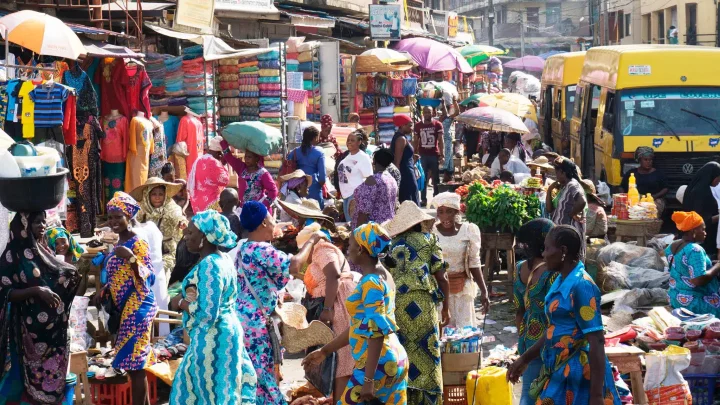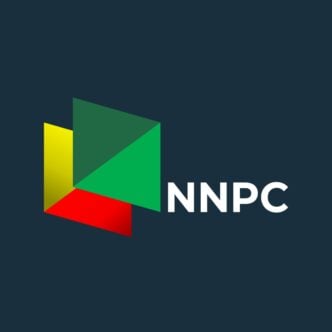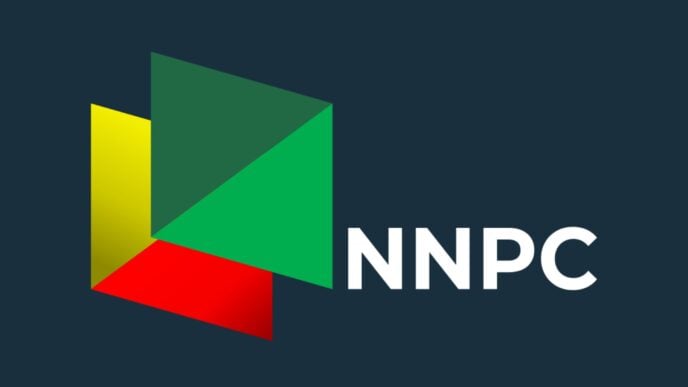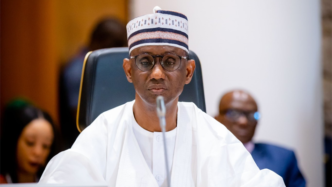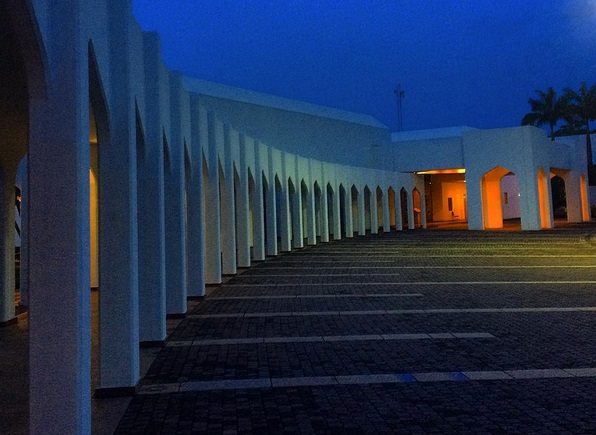Let’s cut to the chase: Nigeria is in an economic crisis, and it’s time we faced some hard truths about why. The twin demons of fuel subsidy removal and naira floatation, hailed as economic saviours by the International Monetary Fund (IMF) and our homegrown experts, have instead brought our nation to its knees.
President Bola Tinubu’s decisions, applauded by international bodies, have left Nigerians grappling with the worst economic crisis since independence. It’s high time we asked ourselves: Why do these so-called “proven” economic policies fail spectacularly in Nigeria?
The answer is as simple as it is painful: Nigeria is not an ideal situation. We’re trying to force square pegs into round holes, and the result is economic chaos.
Let’s talk facts. Nigeria, Africa’s largest economy on paper, is a country where the majority live in poverty. Our minimum wage wouldn’t buy a decent meal in most parts of the world. Our infrastructure? Let’s just say we’re still waiting for the 21st century to arrive in many sectors. Yet, we’re told to swallow the bitter pill of fuel subsidy removal and currency floatation like it’s some magic potion that’ll cure all our economic ailments.
Advertisement
Here’s a newsflash for the economic wizards pushing these policies: You can’t use a Harvard textbook to solve Wazobia problems.
Take the fuel subsidy removal. In theory, it should free up funds for development and encourage investment in refineries. In reality? It’s pushed millions further into poverty. Transporters have hiked fares, food prices have skyrocketed, and the average Nigerian is left wondering if eating two meals a day is now a luxury.
And don’t get me started on the naira floatation. We’re an import-dependent country, for crying out loud! Allowing our currency to be determined by “market forces” is like throwing a toddler into the deep end and expecting them to swim.
Advertisement
The naira has taken a nosedive, making imports more expensive and further squeezing the life out of businesses and consumers alike. From less than N800 to a dollar on May 29, 2023 it is now over N1,600 to a dollar.
So, what’s the solution? It’s time we embraced what I call “Wazobia Economics” – homegrown economic policies tailored to our unique situation. We need to look inward and develop policies that consider our realities, not some textbook scenario from countries that industrialised centuries ago.
Here’s a radical thought: Maybe, just maybe, we can’t do away with fuel subsidy entirely. Perhaps we need a phased approach that doesn’t throw the baby out with the bathwater. And our currency? We might need a managed float that protects us from the worst of market volatility while gradually strengthening our economic base.
The thing is; any economic policy, Yankee or Wazobia, needs to be backed by solid governance. We need to tackle corruption head-on, invest heavily in infrastructure, and create an environment where businesses can thrive without being suffocated by multiple taxation and bureaucratic red tape.
Advertisement
Education is another critical factor. We need to overhaul our educational system to produce graduates who can innovate, create jobs, and compete globally. Our universities should be churning out job creators, not job seekers.
Let’s talk about our natural resources. Nigeria is blessed with abundant oil, gas, and solid minerals. But what good are these resources if we can’t process them locally? We export crude oil and import refined petroleum products. We have vast arable land but can’t feed ourselves. It’s economic madness!
President Tinubu, if you’re reading this (and I hope you are), it’s time for a rethink. The reforms you’ve implemented might look good on paper, but they’re wreaking havoc on the ground. What good are economic theories if people are dying of hunger before we see any benefits? And let’s be honest, those benefits aren’t coming anytime soon at this rate.
We need a Nigerian solution to Nigerian problems. Yes, we can learn from global best practices, but we must adapt them to our unique circumstances. We need economic policies that consider our large informal sector, our demographic challenges, and our infrastructure deficits.
Advertisement
Here’s my proposition: Let’s gather our best minds – economists, sociologists, entrepreneurs, market women, farmers – and craft an economic blueprint that’s truly Nigerian. Let’s create policies that support our SMEs, that leverage our young population, that tap into our vast agricultural potential.
We need to prioritise local production and add value to our raw materials before export. We should be exporting finished textiles, not raw cotton. Processed cocoa, not cocoa beans. Refined petroleum products, not crude oil.
Advertisement
And for heaven’s sake, let’s invest in power. Our erratic electricity supply is perhaps the biggest hindrance to our economic growth. Solve the power problem, and watch our productivity soar.
Needless to say, it’s time to bid farewell to the wholesale adoption of Yankee economics. Let’s craft Wazobia economics – policies that reflect our realities, address our unique challenges, and pave the way for sustainable growth. It won’t be easy, and it won’t happen overnight. But if we get it right, we can build an economy that works for all Nigerians, not just a select few.
Advertisement
The choice is ours. We can continue down this path of economic theories that don’t fit our reality, or we can chart a new course – a Nigerian course. I, for one, choose the latter. What about you?
Advertisement
Views expressed by contributors are strictly personal and not of TheCable.

